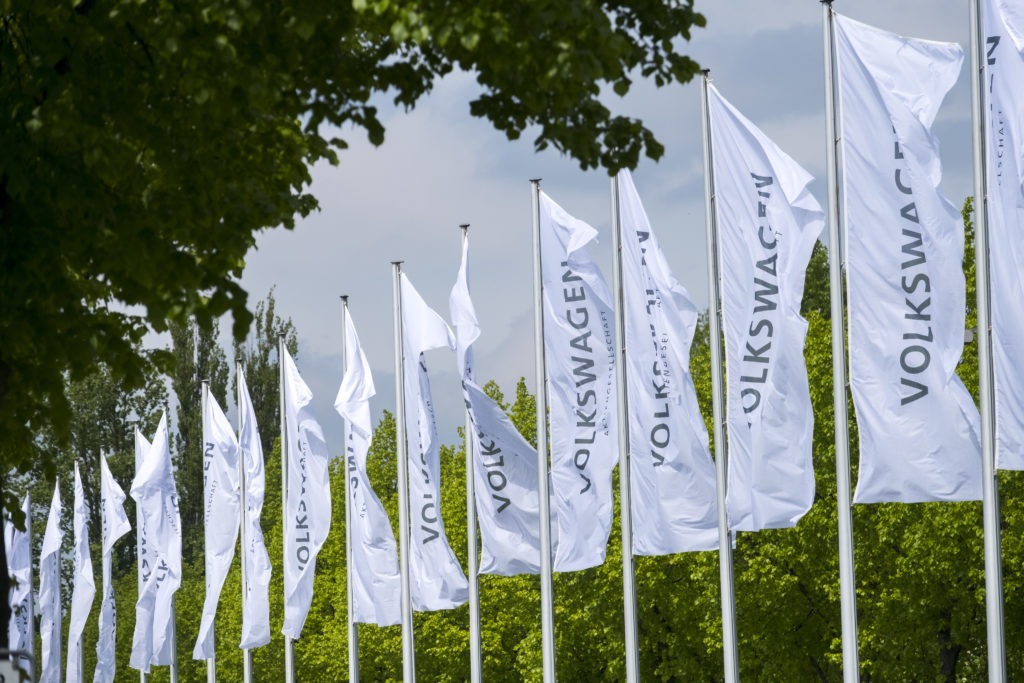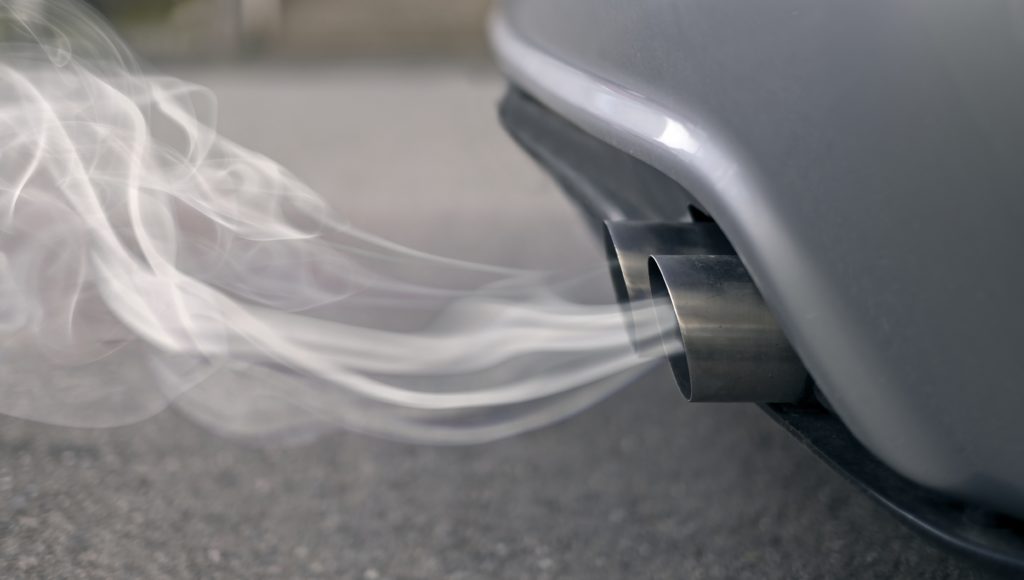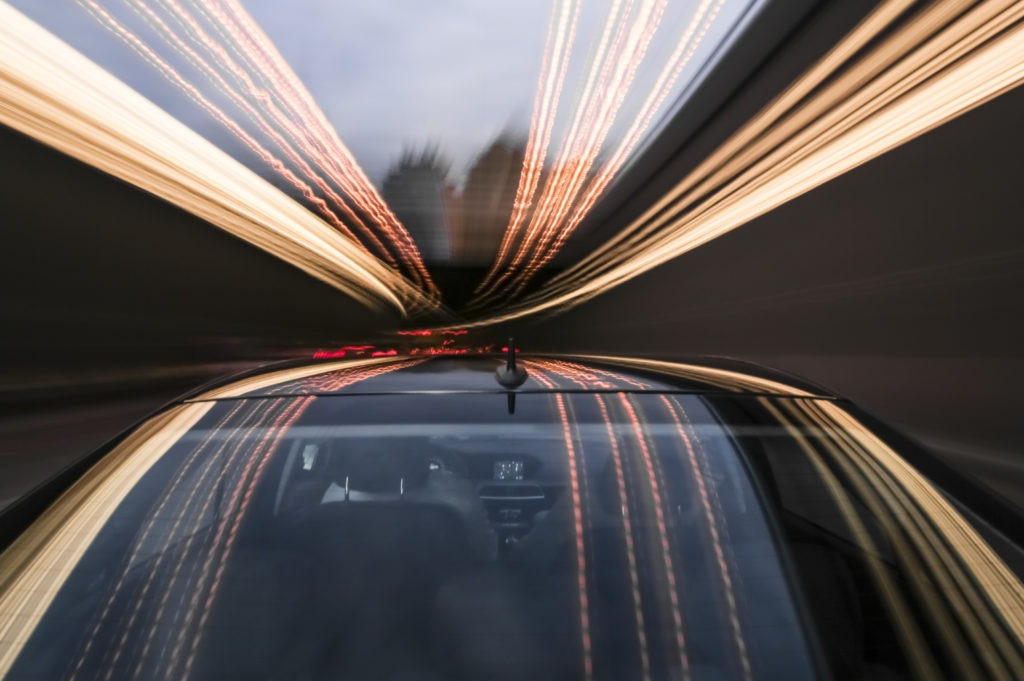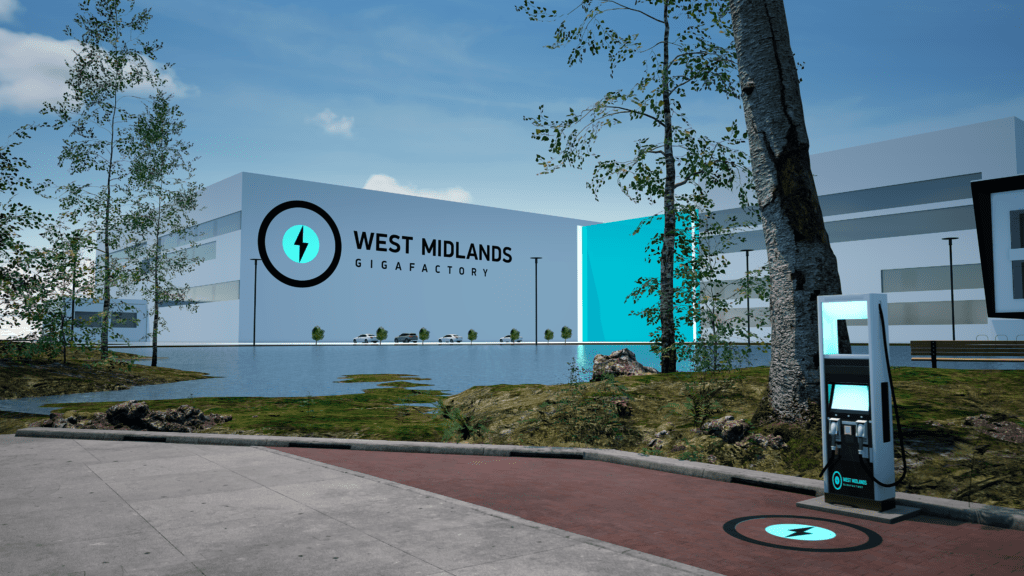JLR to pool emissions with Tesla
28 October 2021

Jaguar Land Rover (JLR) will pool its emissions results with battery-electric vehicle (BEV) manufacturer Tesla. The resulting average will help the brand close in on its emissions target as set by the European Commission.
The agreement was disclosed in documents filed on the European Commission’s website. It shows that JLR will join the previously established pool between Tesla and Honda. The paperwork also confirms that Renault, Nissan and Mitsubishi will again work together to average out their numbers. Another pool looks to be formed between Volvo Cars and its BEV offshoot brand Polestar.
JLR’s emissions
Entering a pool with Tesla means JLR is effectively acknowledging its inability to meet its emissions target alone this year. This will not have been helped by the semiconductor shortage, which has hampered production at a time when carmakers need to step up the manufacture and sale of cleaner BEVs, such as the Jaguar I-Pace. JLR’s retail sales in Europe were 17% lower in the second quarter of the financial year, ending 30 September, than in the same reporting period last year.
‘The global semiconductor supply issue represents a significant near-term challenge for the industry which will take time to work through,’ said Lennard Hoornik, JLR’s chief commercial officer, in the release of the company’s second-quarter figures earlier this month.
‘However, it’s encouraging we were still able to grow sales of the Land Rover Defender in Q2. Moreover, we are delighted to have a record company order book, demonstrating the underlying demand for our products which we will satisfy when the semiconductor supply recovers,’ Hoornik added.
When approached by Autovista24 about the emissions pool with Tesla, JLR declined to comment. The news does come at an unfortunate time for the carmaker as it unveils the new Range Rover. For the first time, this model will be available as a plug-in hybrid electric vehicle (PHEV), with a BEV model expected in 2024. JLR is even experimenting with hydrogen, however, it looks like all of this might come too late, resulting in the emissions pool with Tesla.
The same as 2020?
JLR missed its mandated emissions goal last year. As COVID-19 reduced JLR’s EU new-car registrations tally to below 70,000 units in 2020, Autovista24 calculates the company faced a fine of €12.6 million. Nevertheless, it managed a 15% reduction in its new-car fleet emissions compared to 2019, to 134g CO2/km. ′Despite the impact of COVID-19, we ended the year only 2g/km (1.5%) above our target,’ the company told Autovista24 earlier this year.
Pooling is no new phenomenon for Tesla, having previously worked with Honda and Fiat Chrysler Automobiles (FCA). Last year, the latter, now part of Stellantis, needed to drop emissions by 29g/km (24%) compared to 2017 levels. The pool brought FCA’s average CO2 emissions down by offsetting the petrol and diesel vehicles from Fiat, Jeep, Alfa Romeo and Maserati against the zero-emission outputs of Tesla’s BEVs.
How does it all work?
EU regulations state an industry average of 95g/km of CO2 must be met across carmakers’ new-car fleets sold in 2020 and 2021. Each OEM has an individual target. Should this be exceeded, fines are issued. For 2021, this equates to €95 per 1g/km over the target, multiplied by the number of cars registered.
With the targets set by the European Parliament in 2009, manufacturers had previously relied on diesel to keep levels down. However, following diesel’s downward spiral, many consumers wanted to avoid Nox and switched to petrol models. But this trend intensified CO2 emissions across carmakers’ fleets.
Carmakers struggling to meet their targets were allowed to reach out for help to those successfully managing their CO2 levels. Once pooled, both sets of emissions figures are combined and spread out over an expanded fleet, reducing the average and, in most cases, helping the struggling company achieve its target and avoid a fine. The compliant manufacturer will likely receive financial compensation for its help. It emerged in May 2019 that FCA would pay Tesla €1.8 billion for its emissions credits.



